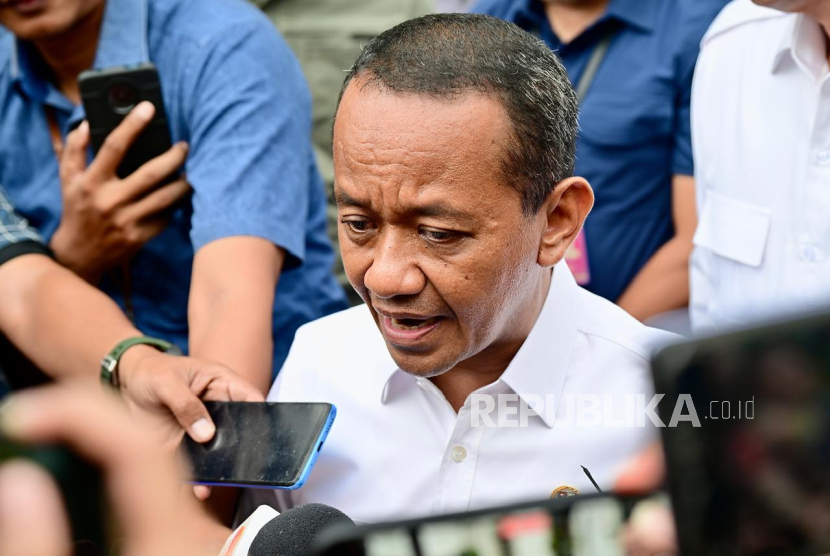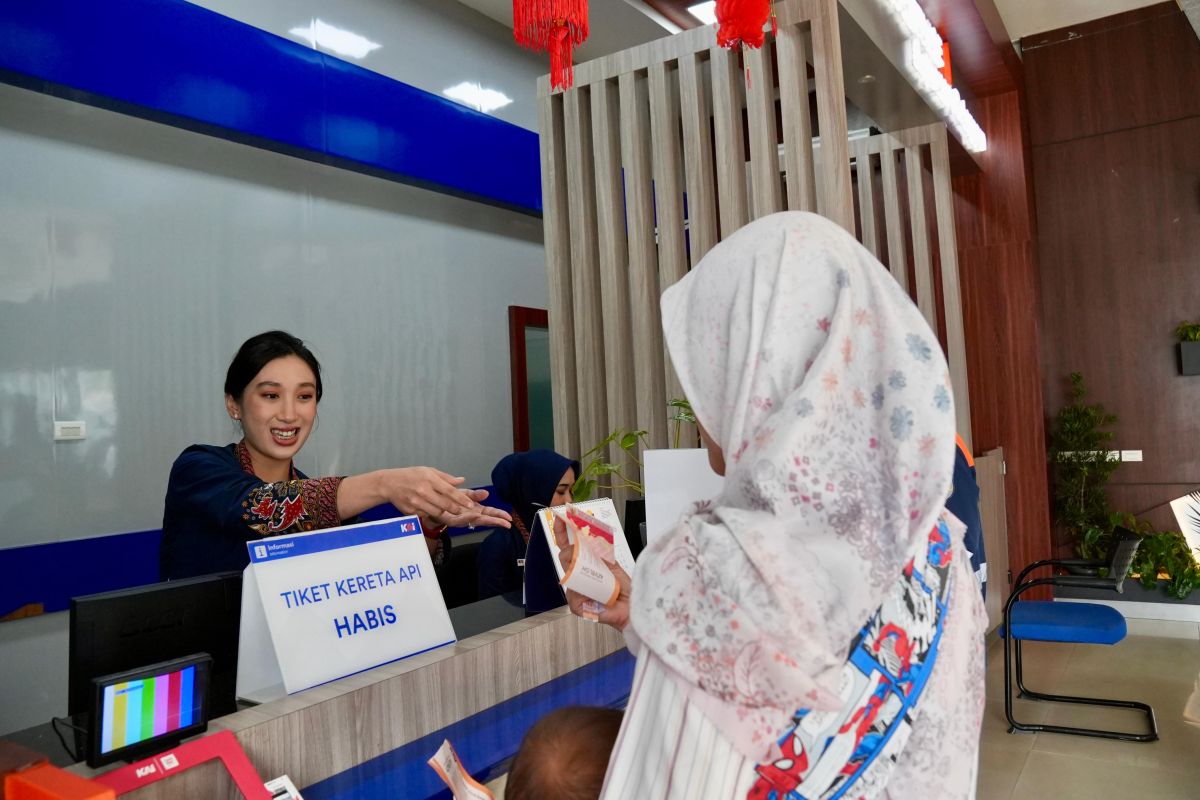Religious Affairs Ministry Issues Regulation to Prevent Violence in Islamic Boarding Schools
Religious Affairs Ministry issues a Decree concerning the Roadmap for the Child-Friendly Islamic Boarding School Development Program.

TEMPO.CO, Jakarta - The Ministry of Religious Affairs (Kemenag) issued the Decree of the Minister of Religious Affairs Number 91 of 2025 concerning the Roadmap for the Child-Friendly Development Program. The Director of Islamic Boarding Schools at Kemenag Basnang Said said the purpose of issuing this regulation was to prevent acts of violence in Islamic boarding schools.
This Decree was signed by the Minister of Religious Affairs Nasaruddin Umar on January 30, 2025. "The Roadmap for the Child-Friendly Islamic Boarding School Development Program is intended to be a guide for caretakers and founders of Islamic boarding schools, Islamic boarding school leaders, educators, and education personnel as well as the Ministry of Religion to develop child-friendly Islamic boarding schools by providing protection and fulfilling the rights of child students," said Basnang as quoted from a written statement on Monday, February 10, 2025.
Basnang explained that this regulation regulates the importance of developing the ideal competencies of ustadz and ustadzah in Islamic boarding schools. These competencies include personality, social, pedagogical, and professional aspects. He said that these teachers must also have the ability to realize the goals of the Child-Friendly Islamic Boarding School.
Basnang also detailed that there are 10 indicators of ideal teacher development to realize Child-Friendly Islamic Boarding Schools:
First, exemplary Islamic attitudes. Teachers in Islamic boarding schools must be able to be role models in implementing Islamic values based on the Qur'an, Hadith, and teachings of scholars, as well as paying attention to the laws and social norms that apply in society. He said that exemplary behavior is the main foundation for forming the character of students.
Second, commitment to education and religion. Teachers in Islamic boarding schools must have a strong commitment and love for the world of education and religious knowledge. They are also required to meet the qualifications as professional, competent educators, and continue to develop knowledge in educating students.
Third, providing protection and a sense of security. Teachers in Islamic boarding schools are responsible for providing physical and emotional protection for students, creating a safe, comfortable, and pleasant environment in Islamic boarding schools, so that students feel appreciated and supported in the learning process.
Fourth, the application of creative learning methods. Teachers in Islamic boarding schools must have the ability to develop and implement active, innovative, creative, enjoyable, and child-friendly learning methods. They must provide space for students to be involved in the learning process, both through practical and reflective approaches.
Fifth, understanding the characteristics and potential of students. Teachers in Islamic boarding schools must understand the characteristics, potential, interests, and talents of each student. They must be able to provide opportunities for students to grow and develop optimally, both intellectually, emotionally, and spiritually.
Sixth, developing holistic intelligence. Teachers in Islamic boarding schools need to play a role in developing the quality of spiritual, emotional, and intellectual intelligence of students, without distinguishing between the background or abilities of each student.
Seventh, respecting the creativity and opinions of students. Teachers in Islamic boarding schools must respect the opinions, creativity, and aspirations of each student with an open attitude. This creates a healthy space for dialogue and builds students' self-confidence in expressing themselves.
Eighth, integrating guidance and counseling. As an integral part of the role of educators, teachers in Islamic boarding schools need to develop guidance and counseling skills. This helps students face personal, academic, and social challenges, and provides the necessary emotional support.
Ninth, creating a conducive and interactive atmosphere. Teachers in Islamic boarding schools must be able to create a conducive, interactive, and inclusive learning atmosphere, where students feel comfortable to learn, ask questions, and actively participate in every learning activity.
Tenth, the ability to manage conflict and problem solving. Teachers in must have the skills to solve problems and manage conflicts that occur between students wisely and fairly. They are expected to be effective mediators, so that the Islamic boarding school environment remains harmonious and peaceful.
Editor’s Choice:
to get the latest news updates from Tempo on Google News




















